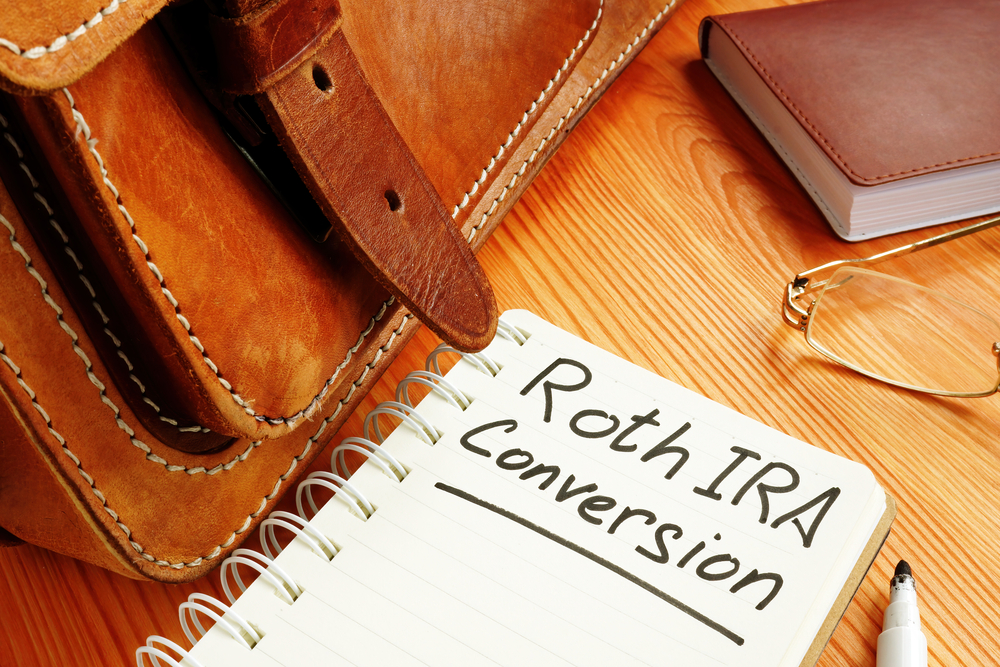
The Basics and Benefits
When it comes to retirement planning, the term “Roth conversion” often comes up, but its intricacies can be elusive. Simply put, a Roth conversion is a financial strategy where you move your retirement savings from a Traditional IRA or another qualified plan into a Roth IRA. This action changes your funds from being tax-deferred to tax-free upon qualified withdrawals.
One of the most compelling reasons to consider a Roth conversion is the prospect of tax-free withdrawals in retirement. Traditional IRAs tax these withdrawals, but Roth IRAs do not. This advantage can be a game-changer, especially if you expect higher tax rates in your retirement years. Additionally, Roth IRAs do not require you to take Required Minimum Distributions (RMDs) at age 72, unlike Traditional IRAs. This flexibility can be a significant benefit for both retirement planning and estate planning, as your heirs can also inherit your Roth IRA and enjoy tax-free withdrawals.
When to Consider a Conversion
Timing is crucial for a Roth conversion. It may be beneficial to convert during a year when you expect to be in a lower tax bracket. Diversifying your tax risk by having both Traditional and Roth accounts can also be advantageous. If you have significant non-retirement savings, you can use those funds to cover the tax liability from the conversion, allowing your Roth IRA to grow tax-free.
Tax Implications and Common Misconceptions
However, it’s essential to understand that converting will create an immediate tax liability, as the converted amount is considered taxable income for that year. This could potentially push you into a higher tax bracket, making it vital to consult a tax advisor.
There are also some common myths about Roth conversions. One is that you must convert your entire Traditional IRA balance, which is not true. Partial conversions are possible. Another misconception is that Roth conversions are only for younger people, but older adults can also benefit, particularly for estate planning purposes.
In summary, a Roth conversion is a powerful tool in retirement planning, offering benefits like tax-free growth and withdrawals, no RMDs, and estate planning advantages. However, it’s a decision that comes with immediate tax implications and should be made carefully. Always consult financial and tax professionals to ensure that a Roth conversion aligns with your long-term financial goals.
